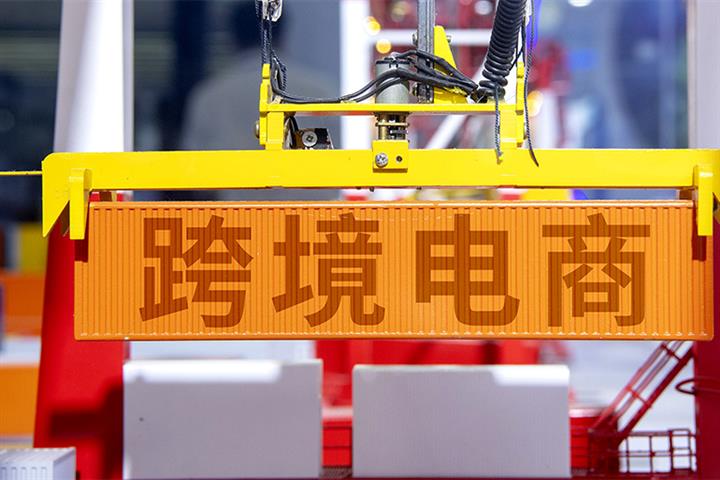 China’s Cross-Border E-Commerce Sellers Eye New Markets This Year
China’s Cross-Border E-Commerce Sellers Eye New Markets This Year(Yicai Global) Jan. 10 -- Chinese cross-border e-commerce businesses plan to explore the possibility of expanding into new markets in 2023, following last year's challenges, which included Covid-19 outbreaks, exchange rate fluctuations, and rising shipping costs.
Harbin Rufavor E-Commerce, which mainly sells consumer electronics and household appliances in the Russian market, plans to expand into the emerging Brazilian market, South Korea, and the Middle East this year.
The number of orders placed by South Koreans through AliExpress, the global retail site of Alibaba Group Holding, was not low despite only a few promotional events being launched, said Liu Siqi, the person in charge at Rufavor E-Commerce. That means consumers from South Korea have a huge buying appetite, and that the market will be full of opportunities, he added.
Rufavor E-Commerce faced the challenge of the Russian ruble's rapid depreciation and the hike of logistic costs last year. But because of the exit of some European and North American brands from the market and local demand for daily necessities, the firm saw opportunities and opened stores on some Russian e-commerce platforms and one on AliExpress.
Shandong Wortley Heavy Machinery, a maker of excavators and agitator trucks, target a 60 percent sales increase over the next 12 months. Following the upcoming Spring Festival holiday, one of the firm's most important tasks will be visiting overseas clients and potential customers showing interest, said boss Yang Yue. It will also invite overseas clients to China for an on-site inspection of its plants.
“Opportunities and challenges given to Chinese merchants by some international e-commerce markets have entered a heating-up stage,” noted Yin Yaxing, director of China business development for US shopping website Wish. “No matter how the market environment changes, presenting high-quality products, operations, and services will be the key to merchants' success.”
Editors: Zhang Yushuo, Martin Kadiev